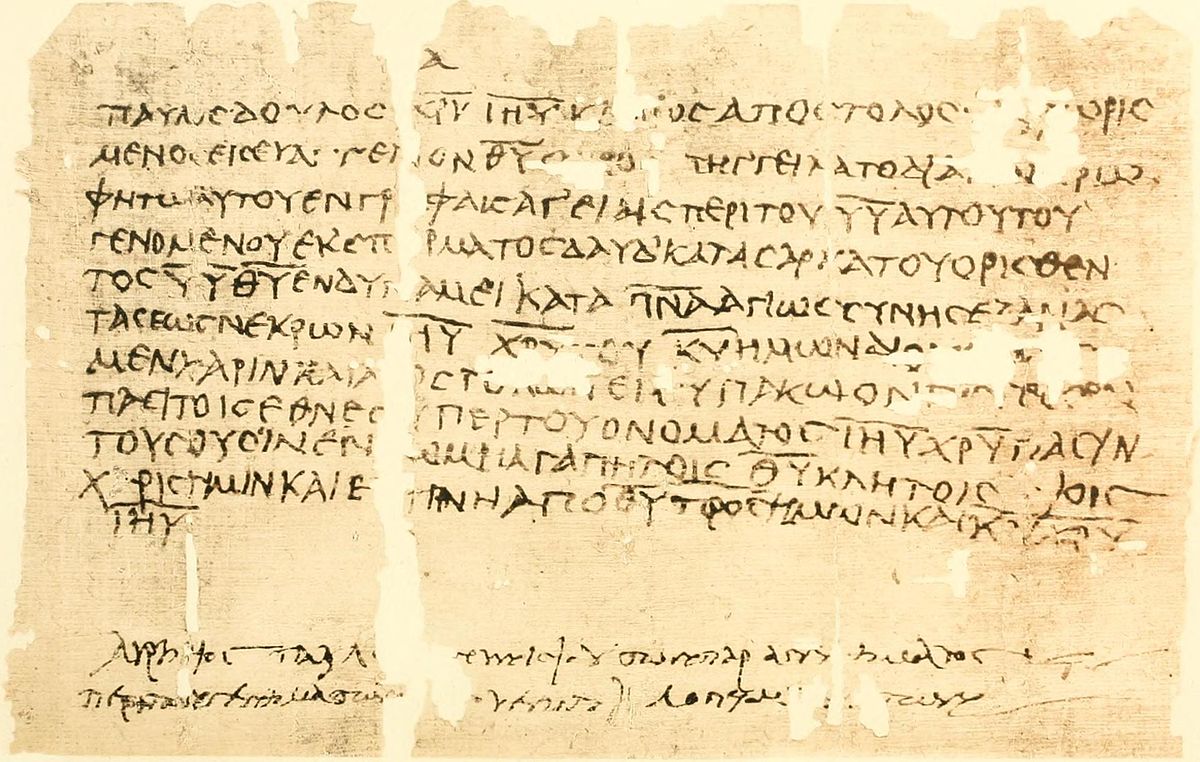The question of the salvation of the Gentiles and their place in God’s promise was a serious question for the early Church. Could the Gentiles be saved? If they could be saved, could they be full participants in God’s promise and Church in the same way that the Israelites could? Did they too have to be circumcised? Did anyone have to be circumcises, and, if not, wouldn’t they all be becoming like the Gentiles instead of things working the other way around? Keep in mind that all this came after centuries of separation between Jew and Gentile—separation commanded by God. Yes, many Jews acted out of pride, but many would have had legitimate issues of conscience and stood in desperate need of patient instruction. We see even Peter struggle with this very question in the Book of Acts.
In our reading today, the specific question was whether or not the promise God gave to Abraham was contingent upon circumcision, that is, his identification with Israel, his physical offspring and the children of the covenant from whose lineage the Messiah came. Understanding Abraham was crucial earlier in this book for understanding God’s crediting of righteousness through faith, and now an understanding of Abraham is crucial again. Abraham was declared righteous in chapter 15 of Genesis. It is two chapters before he was circumcised, which probably was a span of several decades. Clearly, if we observe the order, St. Paul shows, the promise and righteousness came long before circumcision. Circumcision did not make Abraham righteousness or create a new status for Abraham before God. Rather, circumcision pronounced what God had already accomplished and was given to Abraham’s children as a sign and seal of the same promise and righteousness God gave Abraham through faith.
It is often much easier to cling to pride in our flesh, in our lineage, in our tradition, or in any number of other things than it is to cling to the promise. Let’s not be mistaken, circumcision was a wonderful thing, a powerful sign and seal given to the Old Testament people of God, but circumcision was not the end. Christ was. May we always take care not to lose Christ in the things designed to point us to him. May we always take care to cling to God’s promise and answer any questions that arise on the basis of it. God has promised us what he promised Abraham and the Israelites: righteousness through Christ. That always comes first. Everything else is chapters later.

